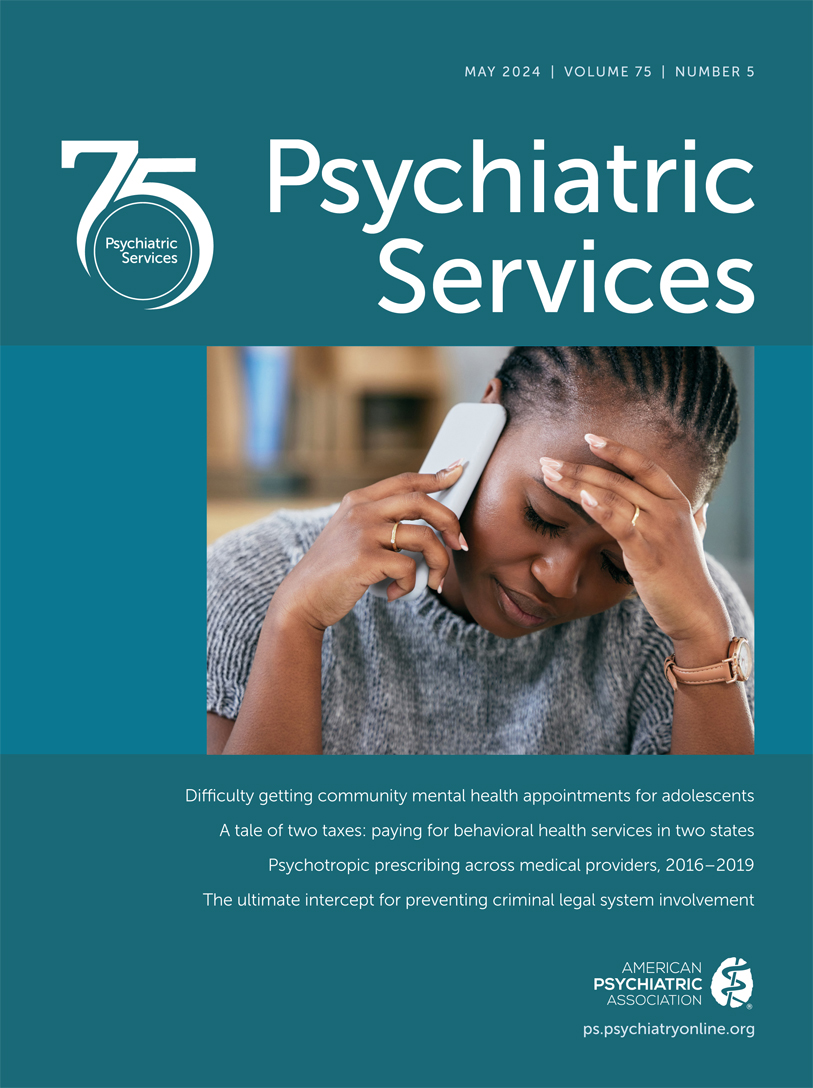Approaching Jail Diversion and Prevention of Criminal Legal System Involvement Simultaneously
Abstract
Despite prolific jail diversion initiatives, people with serious mental illness continue to be overrepresented in the criminal legal system. This continued overrepresentation has led to recent calls to address social determinants of health and criminal risk factors rather than to allocate new resources to diverting people from the criminal legal system. This shift toward prevention by addressing social factors that influence health and criminal legal outcomes should occur alongside a continued focus on diversion to understand what works and for whom. An effective, well-funded, and comprehensive community-based mental health services system could serve as the ultimate intercept for preventing criminal legal system involvement.



